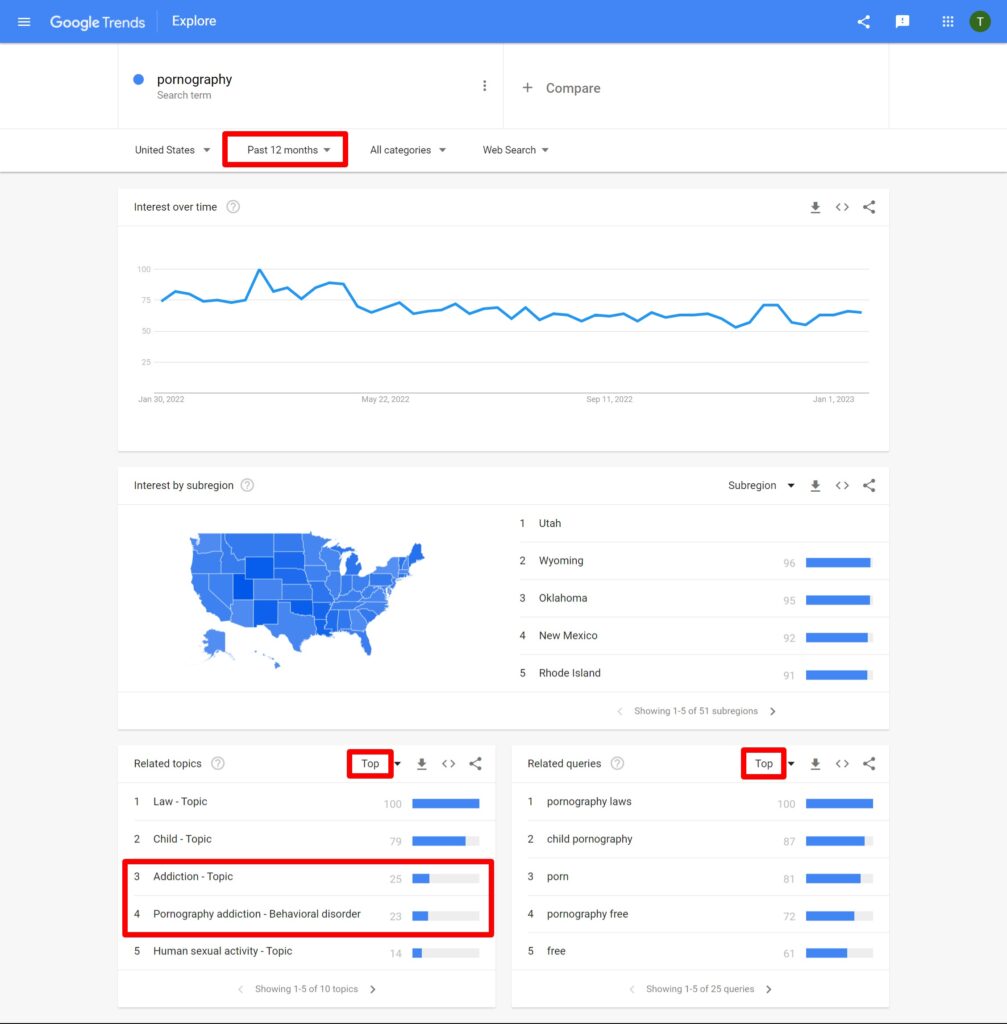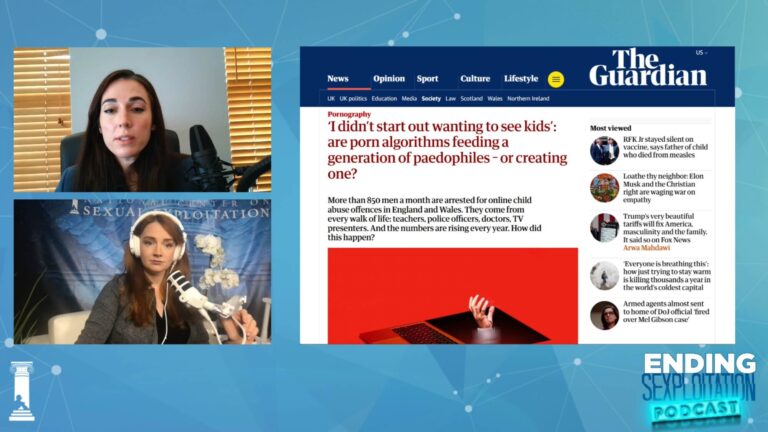“We don’t do love, we just do, drugs.” This line from the catchy pop song “Drugs” by BRDGS grabs attention because it seems absurd; who does drugs instead of pursuing real love? However, after further analysis and research into the subject, the truth behind the statement is becoming apparent
For decades, there have been campaigns calling to keep children safely away from drugs. There is a general consensus across America that children shouldn’t have access to mind-altering or addictive substances, which is why we don’t allow children under twenty-one to buy alcohol, marijuana, or tobacco products. Overall, we do a good job protecting the innocence of children from substances that could harm their development . . . but we have neglected something that is destroying the innocence of children and causing real harm both physically and psychologically. I’m talking about pornography, a love-killing drug that is accessible with one swipe on children’s electronic devices.
Research Shows Pornography can be Addictive
Studies have shown the addictive reality of pornography. For example, one 2017 study applied a popular theory of addiction to pornography use by comparing the brain responses of men with and without problematic pornography use (PPU). Brain responses to sexual pictures in PPU men revealed dissociation between measures of “wanting” and “liking” (ie. they craved the sexual images but did not enjoy them), which is a hallmark of addiction. This dissociation was not present in the brain responses of men without PPU. This study constitutes strong evidence that PPU may represent a behavioral addiction.
Another study by Cambridge University found that the brain scans of avid pornography viewers were similar to those of alcoholics or drug addicts. For example, the reward centers of the pornography viewer’s brain reacted to seeing explicit material in the same way as an alcoholic’s MRI might on seeing a drink advertisement. Similar to drugs and alcohol, the younger a person starts viewing pornography, the more likely he or she is to become addicted.
A new study finds similarities with compulsive pornography consumption and substance and behavioral addictions: https://t.co/Ms1AWPOtPH. This makes over 50 neuroscience-based studies supporting the existence of pornography and sex addiction.
— National Center on Sexual Exploitation (@NCOSE) June 15, 2022
Google Search Trends Show People are Eager to Quit Pornography
A recent analysis of Google search data across the U.S. showed that pornography is one of the top three habits Americans are trying to quit. The other two were alcohol and tobacco.
NCOSE researchers also analyzed Google Trends data from the last twelve months in the United States and Worldwide, and found that people interested in searching the term “pornography” were commonly seeking information about pornography addiction. In fact, “addiction” was the third most popular search topic in relation to pornography, and “pornography addiction” was the fourth most popular search topic.
Further, over the last 90 days in the United States and Worldwide, “pornography addiction” was one of the top ten most popular topics related to Addiction search interests (ranking sixth worldwide and eighth in the United States).

In summary, Google search data shows that people are highly occupied with seeking information about pornography addiction, and are eager to quit pornography.
Children are Especially Vulnerable to the Harms of Pornography
Children are especially vulnerable to the harms of pornography because of the important role that mirror neurons play in how children learn. Mirror neurons in the brain essentially give people the illusion that they are actually experiencing what they see. This is important for children, because they learn largely by observing what people do and imitating those behaviors. Mirror neurons facilitate that process. But when it comes to what children see in pornography, this way of learning by imitation could be extremely damaging.
For example, what happens when children imitate the sexual violence and aggression towards women that is depicted in much of mainstream pornography?
Given what we have explained about mirror neurons and children learning by imitation, it should come as no surprise that longitudinal research shows childhood exposure to violent pornography predicts a nearly six-fold increase in self-reported sexually aggressive behavior later on. Child-on-child harmful sexual behaviour is becoming more and more common as access to, and consumption of pornography continues to rise among children.
Learn more about the various other harms of childhood pornography exposure by downloading our FREE resource.

With all the negative effects pornography has on children, we need to do better as a society to protect the innocence of childhood and support our children in growing up in a safe environment. It is crucial that we educate and empower children to navigate digital environments with critical reasoning skills, media literacy, and information on healthy relationships. We have a long way to go in our protection of children online but it is possible as legislators, companies, and concerned individuals to become more aware and active in solving the problems we face.


